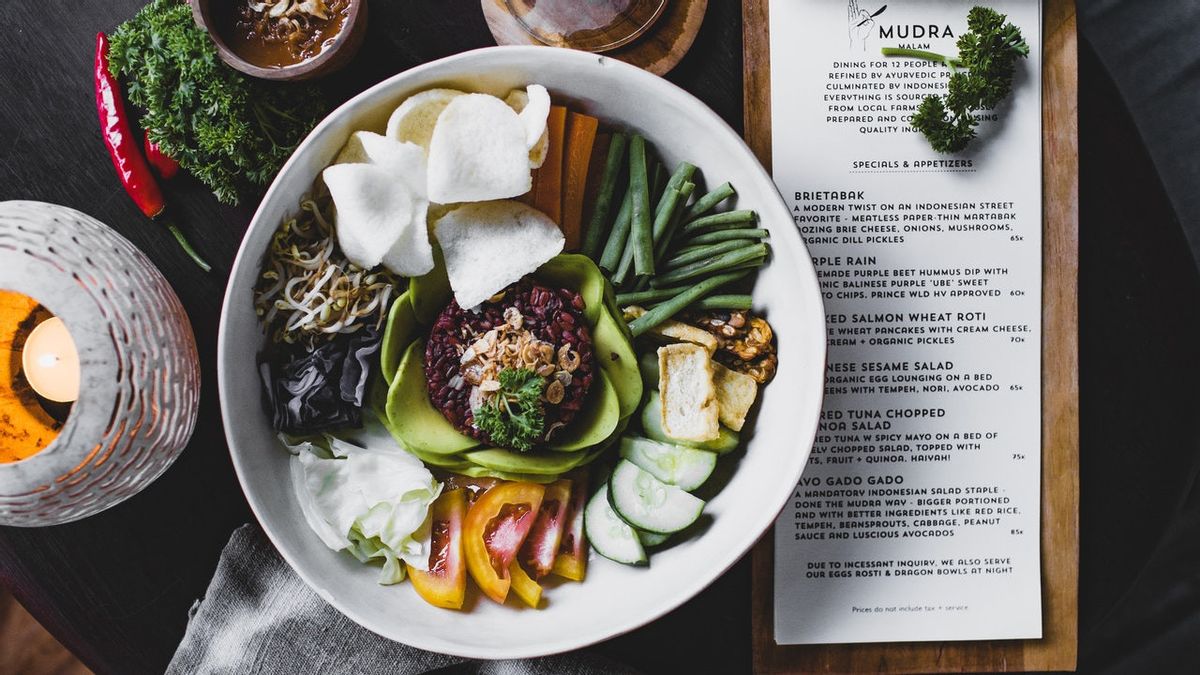YOGYAKARTA – Storing food stock for one week, it turns out that it takes variety in processing it. From the same ingredients, instead of being cooked into different dishes, you better make it more varied with different ingredients. The reason is, consuming the same food menu or a different menu but made from the same every day can affect your digestive system.
Citing the explanation of gastroenterologist Will Bulsewich, MD., reported by Well and Good, the single biggest predictor of a healthy gut microbiome is the diversity of plants in your diet. Correspondingly, Tim Spector, MD., a professor of genetic epidemiology at King's College London, says that the same food every day affects the gut.
Doctor Spector conducted experiments on the level of diversity of gut bacteria. His son every day eats food that does not contain enough nutrients, especially nutrients from plant foods. The body feels lethargic and the face looks pale after four days of experimentation. Microbiome tests were performed, during which time, he lost between 30-40 percent of the diversity of bacteria in his intestines.

Eating the same food every day not only minimizes the variety of bacteria that live in the gut. Nutrient-poor foods are made with sugar, inflammatory oils, and additives that actually kill the good gut bacteria that live there. At worst, it allows inflammation-causing bacteria to thrive.
This combination is detrimental to health, both in the short and long term. In the short term, Spector says eating the same, nutrient-poor diet can lead to low energy, brain fog and digestive problems. You are also more likely to get sick because your immune system is weakened. Over the long term, eating this way has been scientifically linked to a long list of health problems including depression, Alzheimer's disease, and some cancers.
Dietary diversity also affects the diversity of the gut microbiome. Spector explained that nutritional health is not just counting nutrients. But it also feeds the tens of thousands of microbiomes in our gut. Even if you are getting enough protein, fiber, and other nutrients, it is important to feed a variety of bacteria to minimize the increased risk of disease.
Well, based on scientific studies involving more than 11,000 people suggest that the best gut bacteria diversity is built from eating 30 different types of plants a week. So, you need to achieve this by combining vegetables, fruit, whole grains, legumes, beans, nuts, soybeans, and spices.
The English, Chinese, Japanese, Arabic, and French versions are automatically generated by the AI. So there may still be inaccuracies in translating, please always see Indonesian as our main language. (system supported by DigitalSiber.id)













